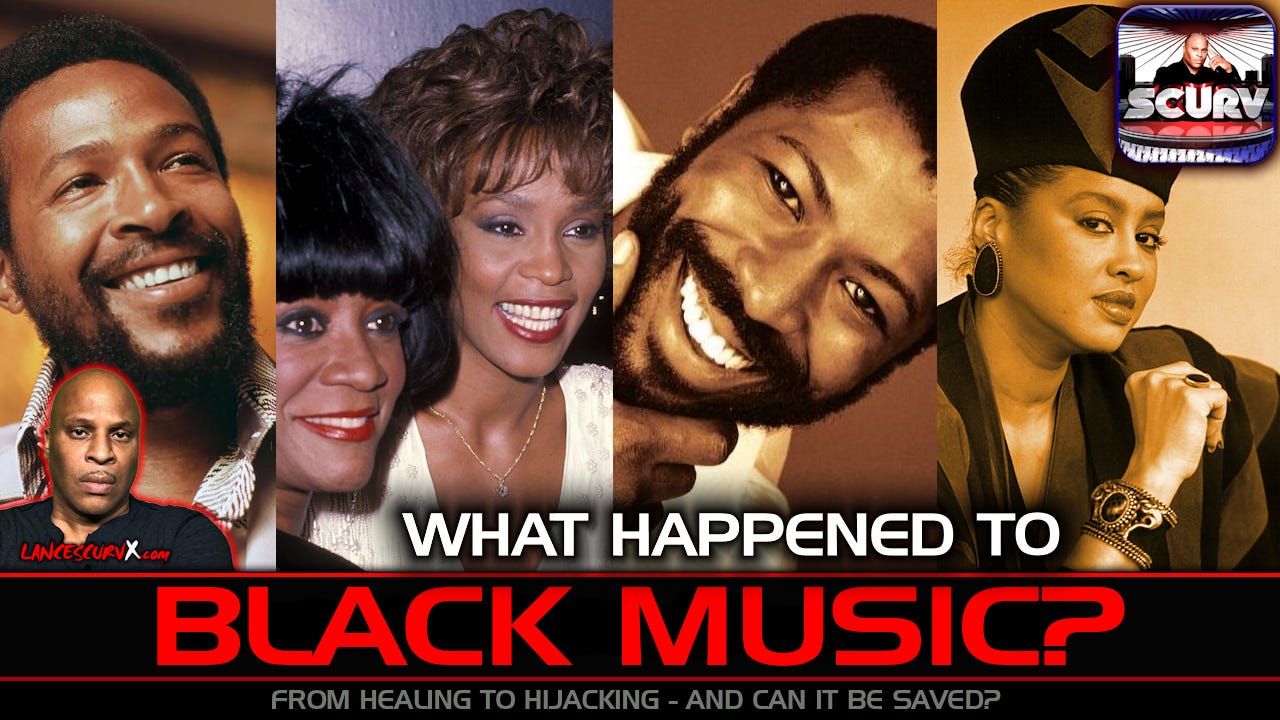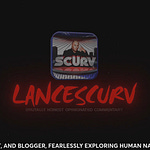I was born in April of 1963, and by the time I was old enough to walk, I was surrounded by music that was alive — not just noise, but soul. Back then, in our homes, in the streets of New York City, even in the air, there was something sacred about sound. The needle touched the 45 RPM record, and you could feel every vibration as truth. The music wasn’t just entertainment; it was culture, communication, and medicine. Now, as a man living in Ghana looking back from a distance, I ask: what happened to our music? What happened to our love songs?
What we hear now doesn’t sound like us anymore. It doesn’t feel like love — it feels like a spell. So, I want to speak plainly, point by point, on how we lost the heartbeat of our sound, and whether there’s any way to get it back.
When Music Reflected Love, Healing, and Culture
1. Music as Cultural Memory
Our music used to tell our story. It carried the history of our struggle, our laughter, our sorrow, and our victory. From the work songs in the fields to the gospel in the church, we sang our way through everything. Artists like Sam Cooke, Nina Simone, and Marvin Gaye didn’t just make hits — they preserved our identity. Every lyric was a time capsule of who we were and where we were going.
2. Love as the Core Theme
In those days, love was the center of our music. When you listened to The Temptations, Luther Vandross, or Teddy Pendergrass, you could feel romance as something to be cherished, not exploited. A man would tell a woman, “You’re my everything”, and he meant it. Love songs reminded us how to treat one another — with tenderness and respect. Today, we barely hear songs that even mention commitment or devotion.
3. Music as a Unifying Force
Music brought us together. Whether it was the neighborhood block party, family gatherings, or couples slow dancing at home, our music was community glue. The radio DJ was a cultural leader. We didn’t need social media — we had soul. Music connected generations and gave us pride.
4. Spiritual Influence
So much of what we had came from the church. Aretha Franklin, Ray Charles, and even James Brown took that gospel fire and brought it to R&B and soul. There was conviction in every note. Even the secular songs had a moral compass — a sense of decency and heart. Music had spirit; now it has algorithms.
The Shift: From Love to Lust, From Unity to Ego
5. Commercialization Over Culture
When big corporations realized how profitable Black music was, they took control of the distribution and marketing. Suddenly, it wasn’t about truth or healing anymore — it was about sales. Labels started dictating content, and the industry began to shape our message to fit their profit margins.
6. Sex Replacing Romance
Over time, love songs disappeared, replaced by songs that glorify lust without connection. The message became about using one another instead of loving one another. We moved from “Let’s Get It On” to “I Hit It First.” It’s not evolution — it’s degradation. Lust without love destroys the soul.
7. Ego Over Community
Hip-hop started as self-expression and social commentary. It was public art — a street newspaper. But when outsiders took it over, they replaced unity with vanity. The beats stayed strong, but the message shifted to “me, myself, and my money.” We went from “Fight the Power” to “I’m the Power.” The spirit of collective uplift got buried under ego.
8. The Death of the Bridge and Harmony
If you listen closely to modern tracks, the bridges, key changes, and harmonies are gone. The soul has been stripped down to monotony. That’s not by accident. Those changes used to stir emotions and wake something spiritual in us. Now, music is engineered to keep us numb — one flat emotional frequency.
9. Glorification of Dysfunction
It’s not just love songs that died — decency died with them. Today’s lyrics normalize emotional abuse, cheating, disrespect, and pain as everyday life. People are performing their trauma for entertainment. Our dysfunction became a marketing tool.
The Hijacking: External Control of a Black Cultural Asset
10. Ownership Lost
We still sing the songs, but we don’t own the masters. From Motown to Def Jam, the blueprint was ours — but the vaults are in someone else’s hands. Other cultures now profit from our pain while we fight over crumbs. Our image is rented out like property we no longer own.
11. Demonic & Anti-Spiritual Elements
Let’s be honest: there’s a darkness in today’s sound. Certain frequencies, visuals, and lyrical themes promote spiritual decay. It’s not conspiracy — it’s energy. When everything in the music celebrates death, greed, and vanity, that’s not culture. That’s spiritual warfare set to a beat.
12. Destruction of the Black Male Image
Back in the day, R&B men sang about protecting, providing for, and cherishing their women. Now many songs portray men as emotionally unavailable, violent, or womanizing. That’s by design. The industry benefits when Black love is broken.
13. The Feminine Disconnected
Our sisters, too, have been misled. What once was empowerment through grace and strength has turned into hypersexuality marketed as freedom. But it’s a trap — a way to make them desirable without being respected. The divine feminine was turned into a commodity.
14. Profit-Driven Social Engineering
When you follow the money, you see the pattern. The most destructive artists get the biggest promotion. Why? Because confusion, lust, and brokenness sell. Labels aren’t just selling records — they’re shaping minds. It’s psychological warfare hidden behind catchy hooks.
Cultural Impact: Music as a Weapon
15. From Soundtrack to Spell
Music used to reflect life; now it directs it. Young people don’t just listen — they live what they hear. Songs are no longer the background; they’re the blueprint. It’s not just a soundtrack — it’s a spell being repeated millions of times through earbuds.
16. Desensitization to Sacred Institutions
When’s the last time you heard a mainstream hit celebrating marriage or family? Those themes are gone because they promote stability. Instead, instability and emotional chaos are pushed because it keeps us distracted and disoriented.
17. Mental and Emotional Manipulation
The repetition in modern tracks isn’t artistic — it’s psychological conditioning. The fewer the words and the more the loops, the easier it is to program behavior. That’s why music feels more addictive and less fulfilling. It’s fast food for the soul.
18. Broken Generational Connection
Once, grandparents and grandchildren could dance to the same records. Today, that bridge is gone. Older folks can’t relate to the lyrics, and young people can’t hear wisdom through the noise. The divide was engineered. If we can’t even share music, how can we share identity?
The Remedy: Can We Take It Back?
19. Independent Creation & Ownership
The solution starts with ownership. Platforms like Bandcamp, SoundCloud, and independent labels give artists control again. We must support the artists who refuse to sell their soul for exposure. Ownership equals freedom — creative and spiritual.
20. Rebuilding Music with Purpose
We can take our sound back by returning to meaning. Real musicianship. Real storytelling. Songs that heal, not harm. The next generation needs to know that love still exists — that soul isn’t just a genre, it’s a responsibility. Music should lift us higher, not drag us lower.
Closing Reflection
Maybe I sound like an old man talking about “back in my day.” But I’ve lived long enough to know that when we lost the love in our music, we lost a piece of ourselves. From the church pews to the corner speakers, we were once guided by melodies that reminded us who we were and who we could become. Now, we are guided by vibrations that erase memory and numb emotion.
But it’s not too late. Music still has the power to heal. The same sound that once carried us through slavery, segregation, and sorrow can still resurrect us today — if we take it back, own it, and restore its purpose.
Because if the music has been weaponized against us, then we must become the antidote.













